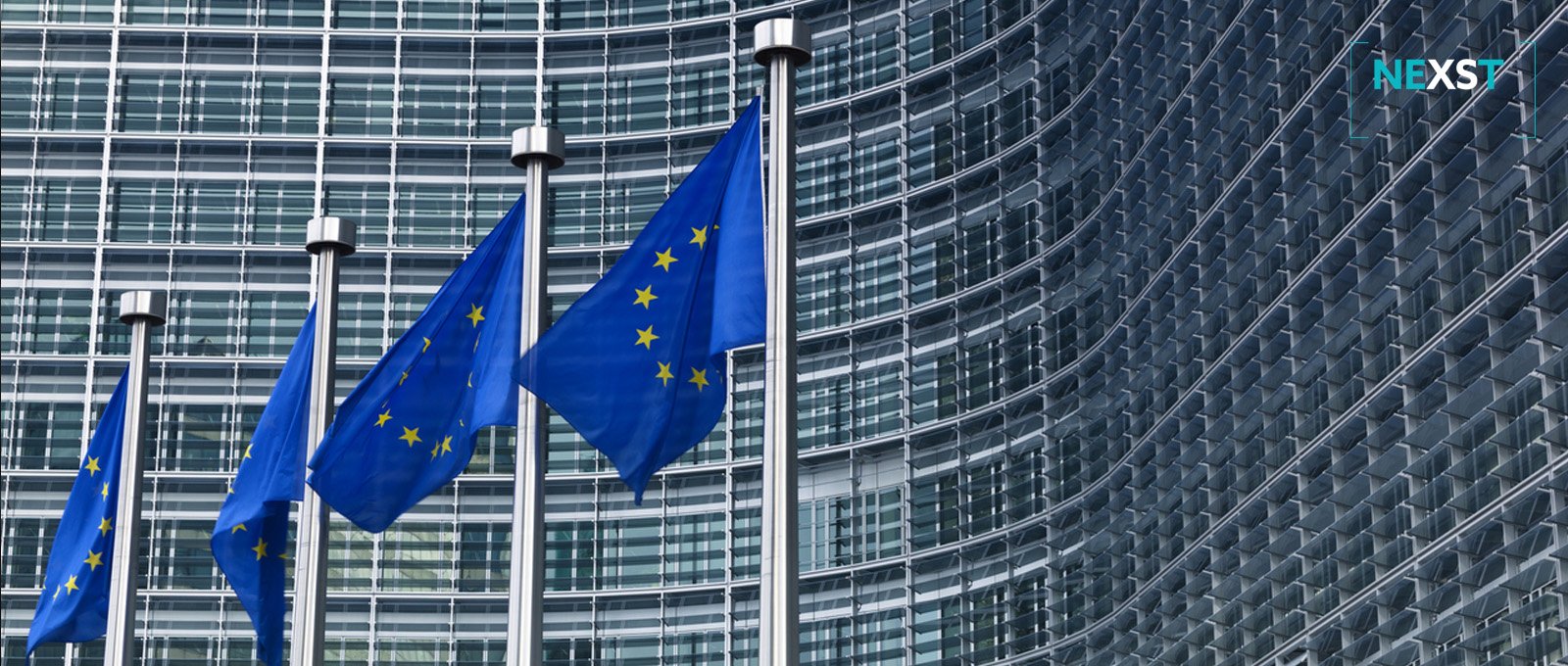New EU Gigabit Infrastructure Act promotes Gigabit network installation
The new EU Gigabit Infrastructure Act (GIA) has been introduced in response to the growing need for faster, reliable, data-intensive connectivity. This act updates rules to ensure faster, cheaper, and simpler rollout of Gigabit networks, addressing the main hurdles such as costly and complex procedures for network deployment. Political agreement was reached in February 2024 and the GIA will soon become law.





